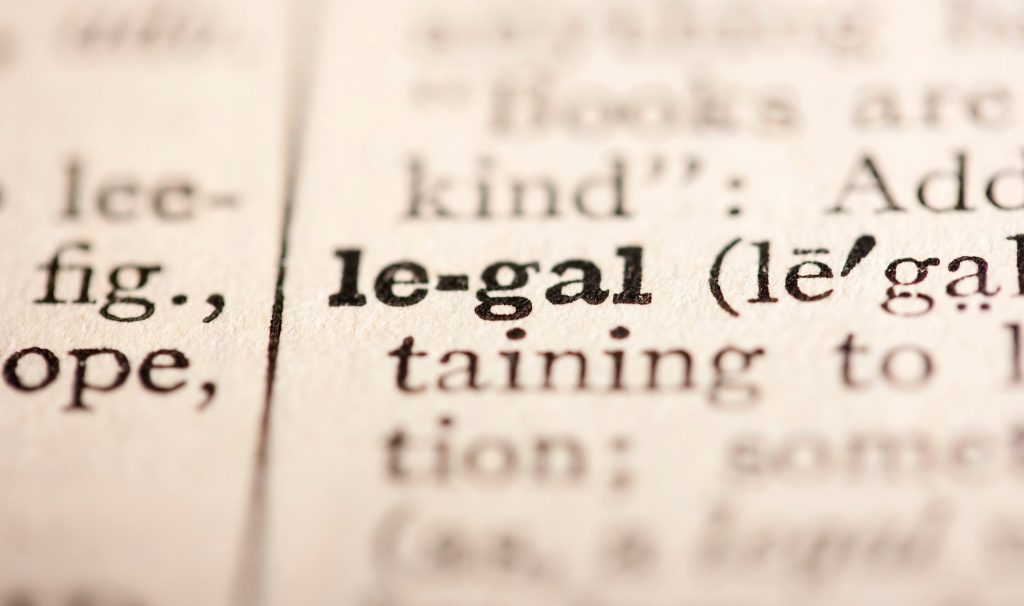Law schools, originally established as trade schools to train future lawyers, have increasingly taken on the characteristics of political institutions. Even at regional schools with a practical focus, the influence of progressive ideology can be pervasive, subtly integrated into the teaching framework. This shift is evident in both the behavior of law students and the attitudes of faculty, with recent disruptions at elite institutions like Berkeley, Stanford, Chicago, Yale, and UNC-Chapel Hill reflecting a broader cultural shift within legal education.
The Insidious Influence of Ideology
The UNC incident, where students protested for the re-admittance of an accused domestic terrorist, highlights how law schools have deviated from traditional professional standards. The protest, which went unpunished, exemplifies how law students often conflate law with personal or political beliefs, lacking a fundamental understanding of neutrality and objectivity, principles essential to the legal profession.
The Roots of Discontent
Three primary factors contribute to the weakening of law-school culture:
- Negative Faculty Influence: Faculty members often bring a progressive bias from their academic backgrounds, which is reflected in the curriculum and teaching methods.
- Student Self-Selection Error: Many students enter law school with idealistic notions of social activism rather than a genuine interest in practicing law.
- Institutional Distortion: Law schools promote the concept of the “lawyer-citizen,” encouraging students to see themselves as social activists rather than legal professionals.
The Cyranoid Effect and Intellectual Immaturity
Law students frequently echo the ideologies of their professors, a phenomenon known as the “Cyranoid” effect. This speech shadowing undermines students’ intellectual independence and critical thinking skills. As Kant observed, enlightenment involves emerging from self-inflicted immaturity—a maturity that law students, influenced by faculty ideologies, often fail to achieve.
The Misguided Pursuit of Social Justice
Modern law schools emphasize social justice and activism, often at the expense of traditional legal training. This approach produces graduates who lack the skills necessary for basic legal tasks such as contract writing and courtroom advocacy. The emphasis on social engineering and retribution against perceived oppressors distorts the true purpose of law, which is grounded in objectivity and neutrality.
The Erosion of Legal Education
The modern law school has strayed far from its original mission, becoming more of an activist degree program than a place for rigorous legal training. This shift undermines students’ ability to become competent lawyers, judges, teachers, legislators, and citizens. Law schools must return to focusing on the core principles of law to restore the integrity of the legal profession.
Conclusion
The decline of legal education stems from the infiltration of ideological biases and the promotion of social activism over traditional legal training. Law schools must reclaim their role as institutions dedicated to teaching the principles of law and fostering intellectual independence. Without this shift, the profession will continue to suffer, producing graduates ill-equipped to serve as objective and competent legal professionals.
4o











